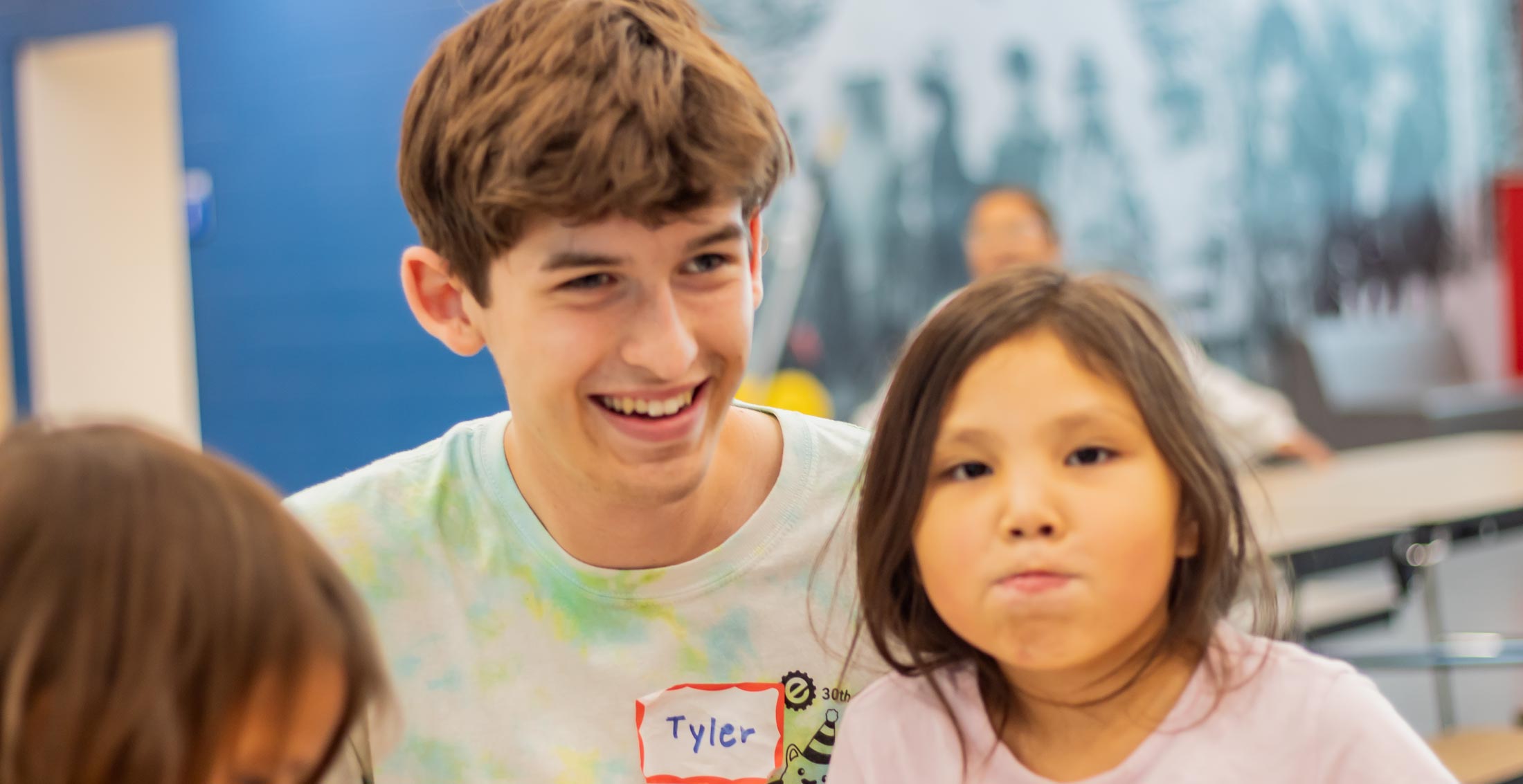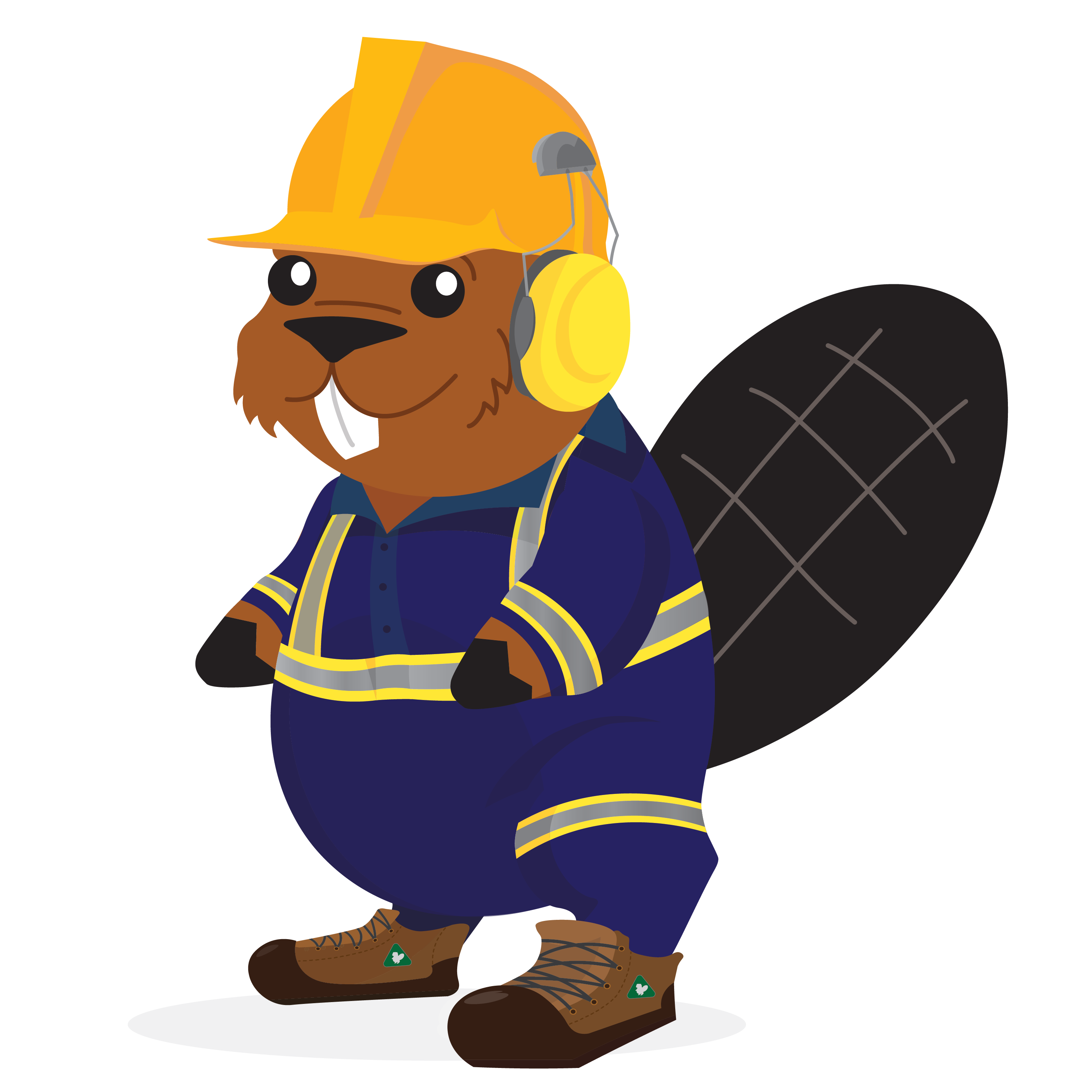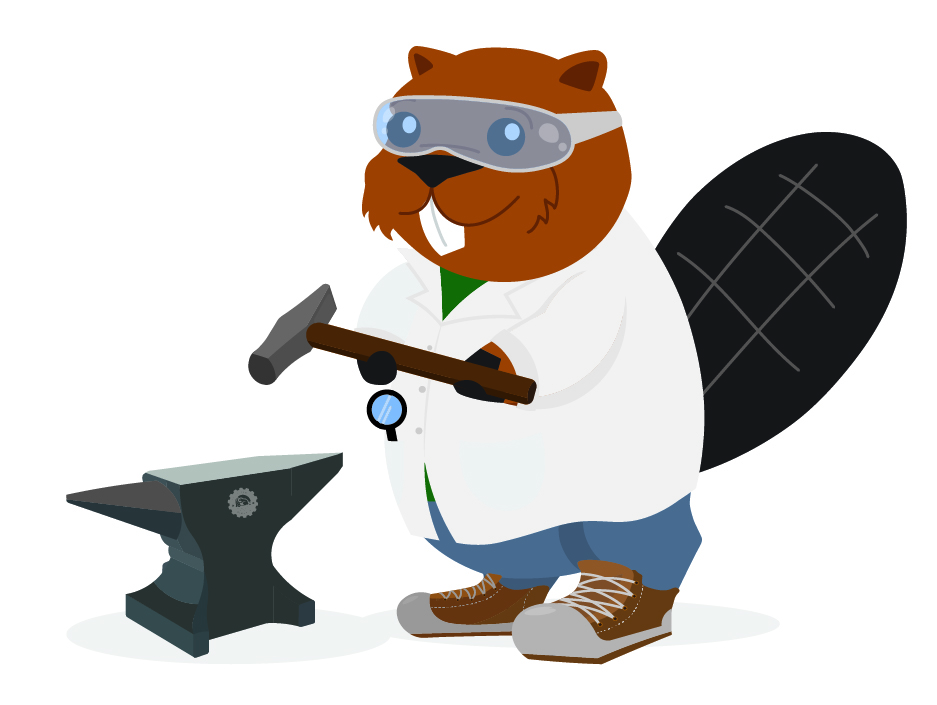Classroom Kits

Classroom Kits are full hands-on projects and activities that are funded through various partners in industry as well as the University of Alberta. Kits come with materials, resources and supplies for a full class of 40 students and include a complete package for the teacher to guide and facilitate all activities.
If you are interested in our classroom kits, please reach out to us at discovere@ualberta.ca.
Grade 1: Mini Zoo


Guiding Question
How do plants and animals survive?
Learning Outcome
Students investigate and examine needs of plants and animals.
In this project students express their creativity while exploring living systems, and investigating the needs of plants and animals! Each student will invent an alien creature with unique traits and needs, then build a home for their animal based on these needs. The class will collaborate to piece together their environments, creating one cohesive alien zoo containing all of their special creatures!
Grade 2: Anchors Away


Guiding Question
How can the suitability of materials be determined for specific purposes?
Learning Outcome
Students investigate properties of materials and relate them to a purpose.
Students will investigate the suitability of different materials for a specific purpose as they design and build their own boat, exploring properties of buoyancy, density, and gravity. Students will follow instructions to build a base design for their boat including a simple motor. After that, they can improve on this base by adding their own design elements! They will then test their boat to see how various materials, design elements affect the functionality of their boat.
Grade 5: Carbon Capture


Guiding Question
How can climate and its effects be understood? How can states of matter be explained using the particle model of matter?
In this hands-on project, your class can become the environmental engineers of tomorrow! Students will deepen their understanding of energy resources in Alberta while investigating the particle model of matter. Carbon Capture and Storage (CCS) technology is a growing industry in Canada. In this activity students will build a small-scale model of a CCS facility which can capture, compress, transport, and safely store carbon dioxide.
Grade 8: Water Treatment Plant


Learning Outcomes
Unit A - 2: Investigate and describe the composition of fluids, and interpret the behaviour of materials in solution.
Unit E - 2: Analyze human impacts on aquatic systems.
In this scientific inquiry project, students explore the issue of clean water access while taking on the role of a chemical engineer. Just like engineers in the real world, students will design and implement different processes to purify a contaminated water sample in their own mini treatment plant. They will practice recording data by analyzing the quality of the water and learn that engineering is based on iterative design.
Grade 10: Navigating Nitinol


Learning Outcomes
Unit A - 1: Describe the basic particles that make up the underlying structure of matter.
Unit B - 2: Explain and apply concepts used in theoretical and practical measures of energy in mechanical systems.
This interdisciplinary project uses the power of materials engineering to solve matters of the heart! Students will learn about the different types of materials, their properties, and how to characterize them with the Materials Engineering Tetrahedron. Using a very unique alloy called Nitinol, they will create a stent, insert it into a 3D printed heart, and activate it to compress an arterial blockage.
Grade 11: Carbon Capture


Learning Outcomes
Unit D - 1: Explain how balanced chemical equations indicate the quantitative relationships between reactants and products involved in chemical changes.
Unit C - Focusing Question: Why is an understanding of acid-base and solution chemistry important in our daily lives and in the environment?
This project is designed to teach students about carbon dioxide from the perspective of chemical and environmental engineers. While exploring Carbon Capture and Storage (CCS) technology, students will build their knowledge of the carbon cycle, pH scale, and stoichiometry. Students will then put their skills to practice performing a series of experiments to create, remove, detect, and measure carbon dioxide from an air sample.